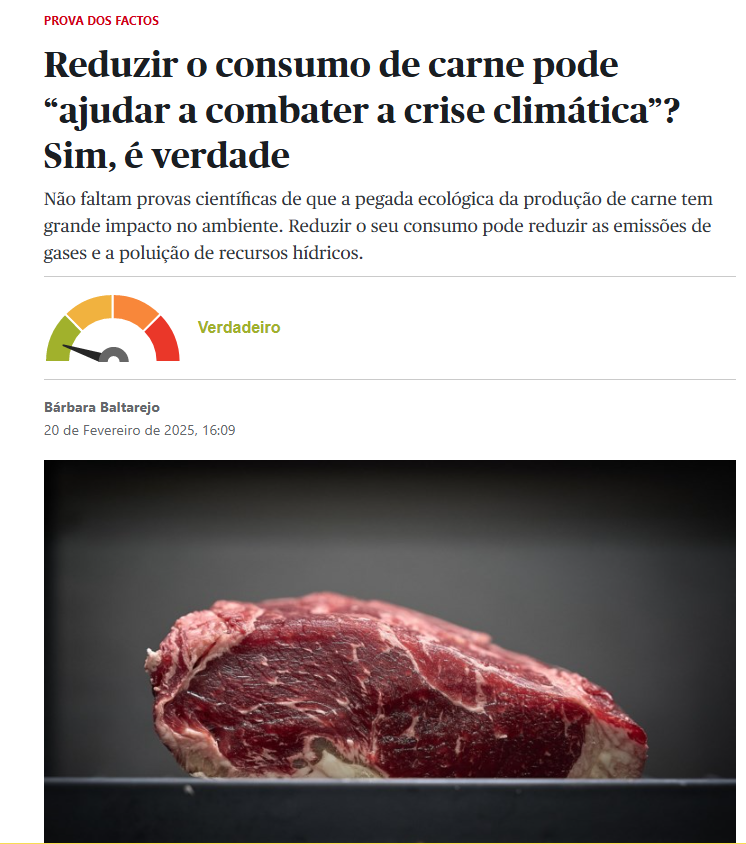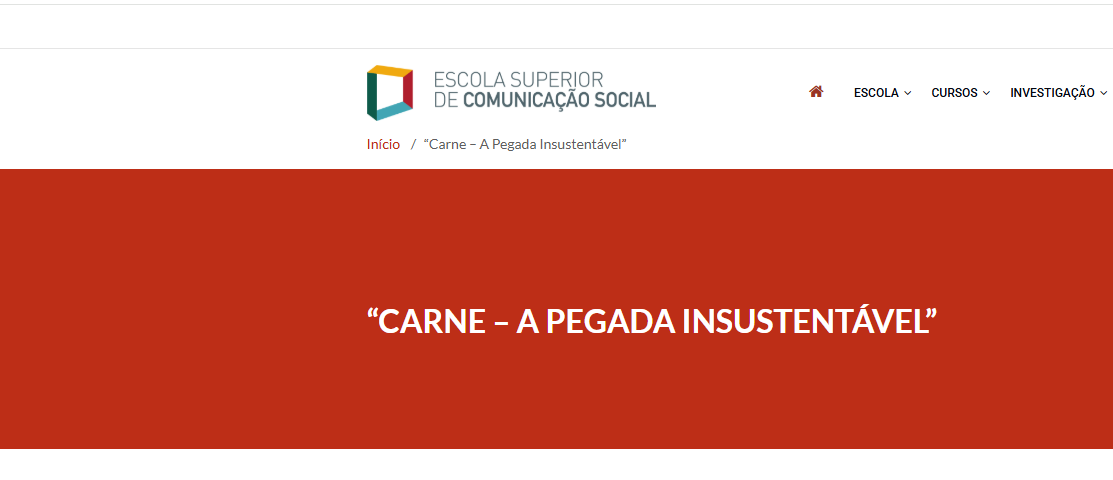
Eurogroup for Animals: ' Japan must transition to cage-free systems'
The time has come for Japan to commit to supporting the global transition to cage-free poultry production, or else continue to lag behind the other G7 countries on animal welfare.
The world is changing rapidly for poultry. Due to growing demand around the world, over 130 global commitments to end the use of cages have been made by some of the world’s largest companies, including KFC, Burger King and Nestlé.
At the same time, there have been major regional changes: in the United States, the percentage of hens kept in cages has decreased from 90% in 2016 to 65% today, and this may decrease to as little as 30% in the next 5 years. Similar changes are taking place in the UK and the EU; the latter of which has even committed to introducing legislation phasing out cages for farmed animals by 2027.
Meanwhile Japan lags far behind the other G7 countries on animal welfare. On a scale from ‘A’ to ‘G’, the country ranks ‘G’ on World Animal Protection’s Animal Protection Index in respect of farmed animal protections. For laying hens, 94.3% of Japan’s poultry farmers use battery cages, overcrowded wire cages that cause injury and prevent the birds from performing natural behaviours, such as spreading their wings. There are no bans on debeaking or forced moulting and pre-slaughter stunning is not mandatory.
With the G7 Summit having just taken place in Hiroshima this past weekend, the time has come for Japan to step up and enhance its reputation on animal welfare by committing to support the global transition to cage-free poultry production. As a global leader on sustainability, Japan must acknowledge that poor animal welfare standards compromise the environment, climate change and biodiversity. This is true of caged egg-farming schemes, which cultivate immense amounts of ecological damage, including air and water pollution, deforestation, biodiversity loss and fossil fuel use.
There are also implications for food security and antimicrobial resistance. According to the European Food Safety Authority, cage farms are 25 times more likely to be contaminated with salmonella. The existential threat for humans, nature and animals from pollution, biodiversity loss and climate change, compounded by the devastating economic and social impact of Covid-19 demonstrates the urgent need for Japan to reorient its relationship with animals.
Changes in the US and EU, as well as global commitments from major corporations, demonstrate that the world is moving rapidly away from cage systems. If Japan does not want to fall behind, it must take immediate action. For example, the Ministry of Agriculture, Forestry and Fisheries should produce animal welfare guidelines that support the transition to cage-free, in collaboration with relevant stakeholders.
Japan should also take advantage of the experiences of the other countries. Notably, Japan’s free trade agreement with the EU includes a mechanism for cooperating on animal welfare, which has not yet been fully utilised. Given that the EU banned battery cages in 2012 and is committed to a full cage ban by 2027, it could share its experiences with Japan and organise, together with the Japanese authorities, training for producers on how to transition to cage-free farming. The partners could also work together to encourage international banks to support the change through sustainable finance.
There is room for improvement when it comes to animal welfare in Japan, particularly for laying hens. Japan’s sustainability commitments would be enhanced by improving animal welfare, a step which the EU could help with by sharing its experiences and know-how.Francisco Guerreiro, member of the European Parliament
Lê a notícia aqui










Público: 'Prova dos factos'
Quinta-feira, 20 de Fevereiro de 2025
LER MAIS